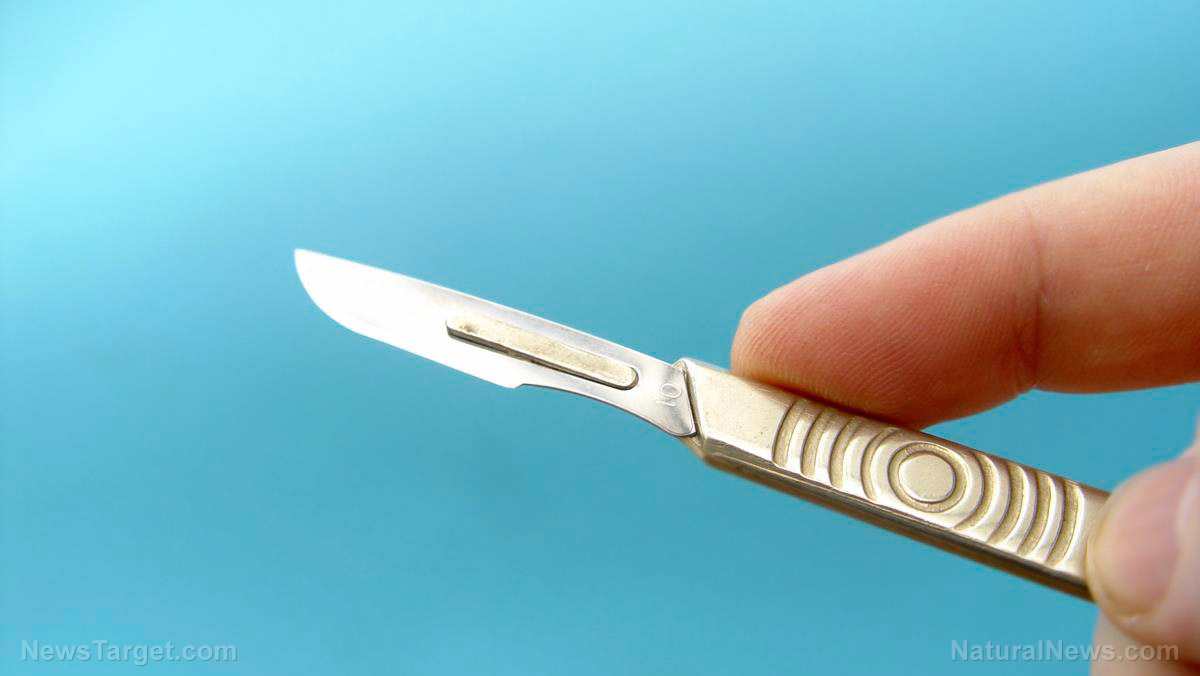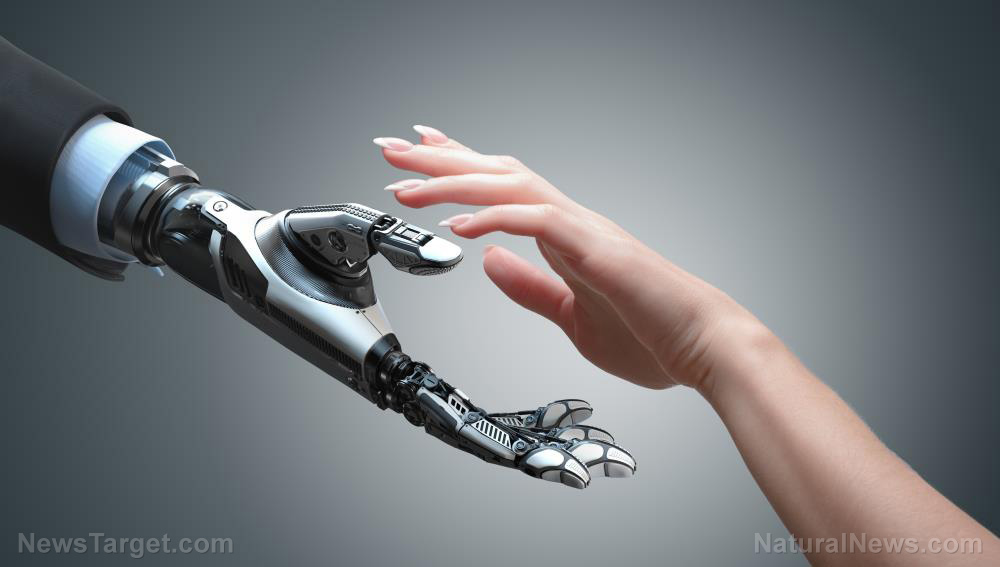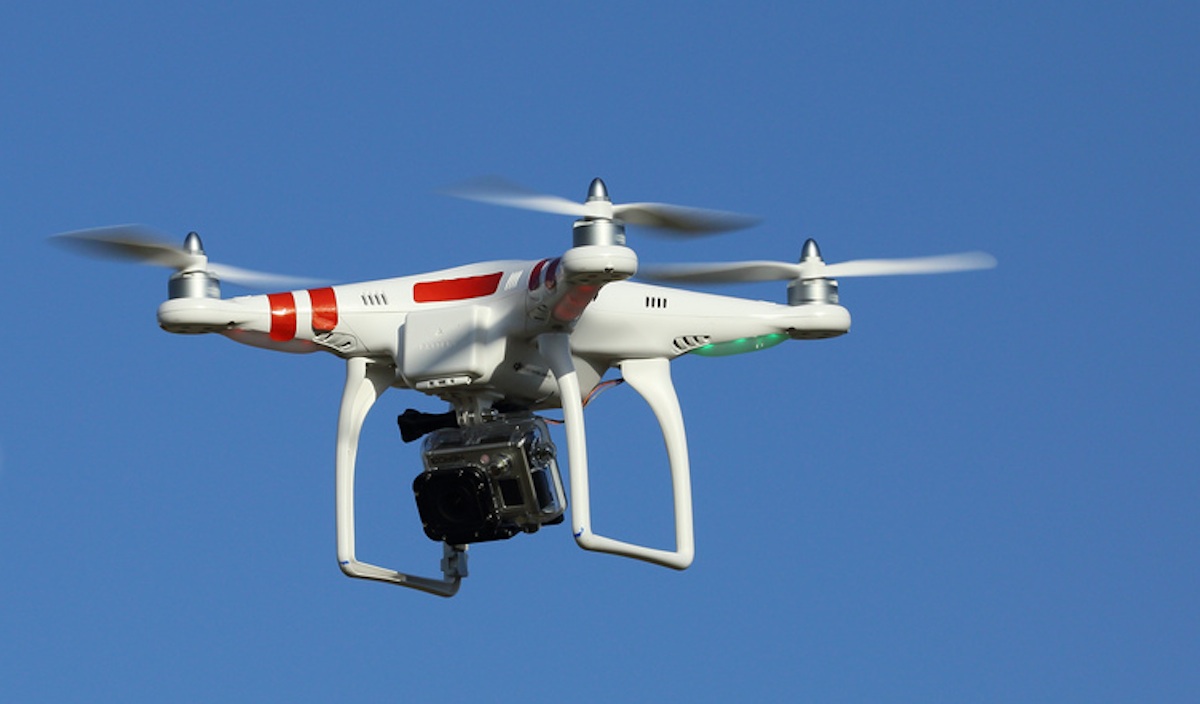Apple shifts focus to self-driving cars, expands its own test fleet to 27 vehicles in California
02/03/2018 / By David Williams

The self-driving car revolution is now upon us. More than a few dozen car and tech companies have been scrambling to deliver the first successful implementation of the new technology and become a hit with businesses as well as the general public. They are indeed trying, but these companies — even the biggest ones — sometimes miss signs pointing towards the future and lose out on the next big thing. Now, California-based Apple wants to go all out in its effort to dominate the space as well.
The company’s latest research and development efforts now show that the Apple of the future could well be one that plays a massive part in the self-driving car industry. According to a report from Bloomberg, Apple has just added a total of 24 Lexus RX450h sport-utility vehicles to its stable of self-driving test cars, based on email confirmation from the California Department of Motor Vehicles (DMV). This now bumps up its self-driving car fleet to 27 units in total. Though paltry in comparison with those from more prominent and more dedicated companies like Uber and Waymo, it’s expected to go a long way towards “accelerating” Apple’s efforts to catch up with the competition.
Back in June 2017, Apple CEO Tim Cook acknowledged for the first time that Apple was indeed working on self-driving car tech. Their work was being done as part of something internally called Project Titan, which was reported to have up to 1,000 employees or more working on it at some point. Reports have shown that the first three vehicle registrations for their earliest self-driving car tests involved leased Lexus SUVs from Hertz Global Holdings, Inc. starting in July 2017. Based on that, it can be determined that the company has been working on the technology for at least about a year and a half now.
At the moment, it’s still unclear exactly what type of innovations, if any, Apple can bring to the table when it comes to self-driving cars. Will the rumored Apple car have extraordinary wireless networking capabilities? Will it be fully electric, and able to last for days at a time between full charges? How will it receive future software updates, and how often?
Or is Apple going to be as narrow-minded and anti-competitive as they have been — at least at one point — in the past? Back when Apple made most of its money from software products, it used incredibly hard-to-break software protection methods that disallowed any interoperability between its devices and those of the competition. For example, if you had an Apple music player, you wouldn’t be able to use it on just any computer and load just any type of music files onto it. You needed to do it the way that Apple prescribes, or else you wouldn’t be able to do it at all. Has Apple fully moved past that at this point?
These are just some of the questions that should be asked of Apple as it reveals more and more information about its self-driving vehicle initiative. In case you didn’t know, there are currently a number of high-profile Silicon Valley companies that are racing against time to deliver a properly functioning self-driving vehicle solution. For now, no one knows what the winner in this multi-faceted competition is going to look like. Whatever it is, it’s widely expected to change the world.
Read up on other interesting technological breakthroughs in Inventions.news.
Sources include:
Tagged Under: Apple, automobiles, autonomous cars, autos, California, dmv, future tech, robotics, self-driving cars, self-driving technology




















